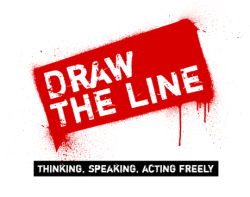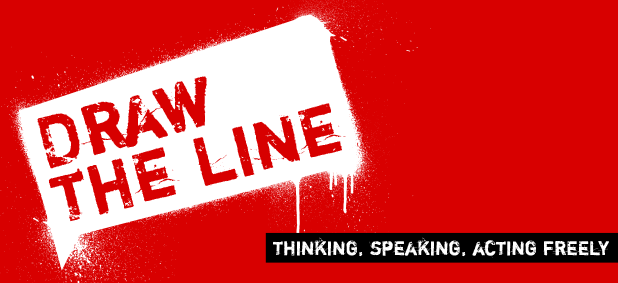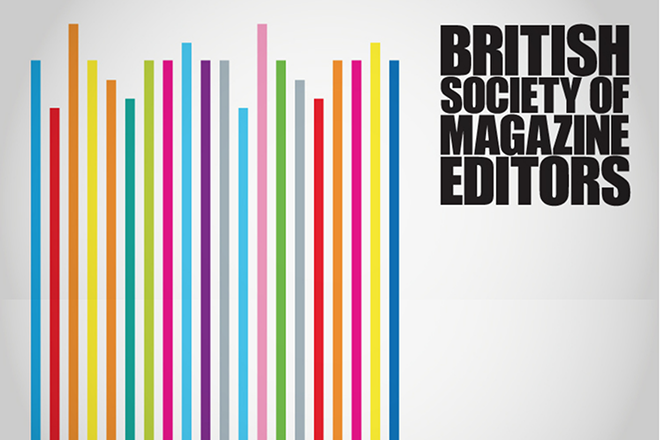With the rise of Islamic State (IS) in the Middle East, people across various platforms of social media are sharing videos of brutal killings by the terrorist organisation. This month’s #IndexDrawTheLine question is: How much is too much?
Royal Jordanian Air Force pilot Muath Al Kasasbeh was captured by IS at the end of last year, and a graphic video was shared on the internet earlier this month, which appeared to show the pilot suffering a barbarous death.
In last year’s Gaza-Israel conflict, various graphic images were shared on social media. One incident that stood out was the case of four Palestinian children who were reportedly killed by Israeli shells whilst playing on a beach. Photographs and videos depicting the dead bodies of these children were shared on various networks.
Some would argue that sharing graphic content is a means of revealing the truth, helping to raise awareness of what actually happens to the people involved in these situations and how serious the issue is. Others would say that refraining from sharing these videos would stop terrorists from achieving their goals, respect those who were killed and perhaps remember them in a different way.
With all the graphic videos and photographs shared on social media, and the wider internet, where should we draw the line? Does this differ depending on who shares the content: terrorists? passers-by? news stations?
Tweet your response to #IndexDrawtheLine to join the conversation.
This article was posted on February 24, 2015 at indexoncensorship.org






